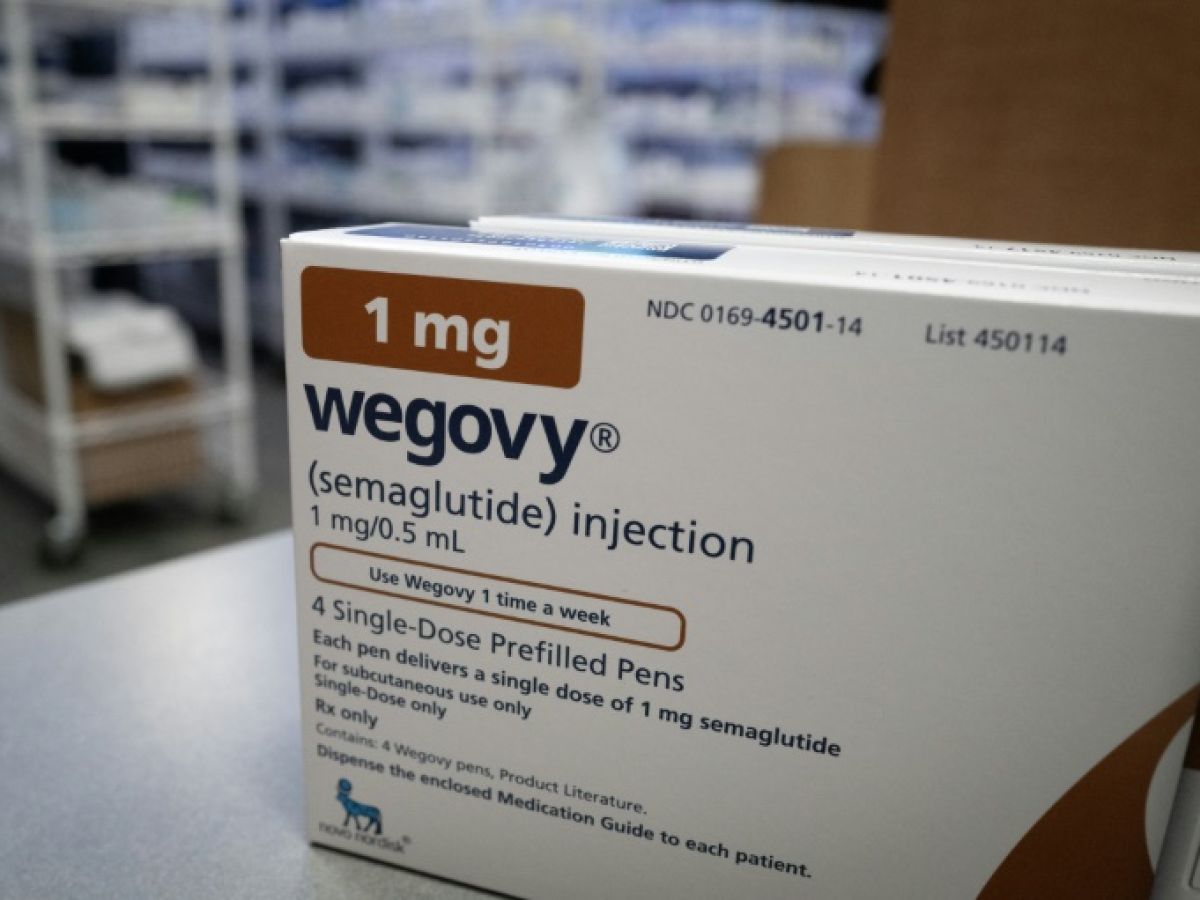The majority of Americans are unaware that their primary care physician can prescribe addiction treatment.
July 9, 2024
You are there
Press release
Friday June 28, 2024
The NIH-funded study reveals the need for increased public awareness of medications that can be prescribed to treat opioid dependence disorders in primary care settings.
Results of A national survey According to a survey, 61% of Americans do not know that their primary care doctor can prescribe medication for opioid addiction, while 13% think they cannot. This investigation was funded by the National Institutes of Health. The study also found that 82 % of people who admitted to abusing illicit or prescription opioids felt comfortable visiting a primary care physician for medication for opioid use disorder . The majority of those who have not abused opioids would refer family members to primary care for medications.
Black Americans were most likely to falsely believe they could not receive medication for opioid addiction in primary care. This disparity can hinder access to treatment. These results indicate that there is an excellent opportunity to raise awareness of these treatments and how to obtain them, using culturally appropriate strategies. Research has shown that existing opioid medications, such as morphine and naltrexone, are extremely effective in treating addiction. Buprenorphine versus methadone.
Nora D. Volkow MD is Director of the NIH National Institute on Drug Abuse. She said primary care can be a critical setting for discussing addictions and obtaining life-saving medications. We need to educate and support patients so that they feel confident in seeking help from their doctor.
Recently, federal policies have changed to remove some of the barriers that prevent primary care doctors from prescribing buprenorphine. These include specialized training and certification requirements.In 2023, exemption X will be removed.() and patient cap. There are still barriers to patients receiving medication. HAS Recent study The number of buprenorphine prescribers increased in the first year after the waiver requirements were eliminated, while the number of people prescribed the drug did not increase.
The researchers estimate that Less than 2,500 doctors are specialized in addiction medicine in the United States.
Researchers at Brown University in Providence, Rhode Island, speculated that public health concerns could prevent access to these drugs. Researchers developed survey questions to assess people's comfort and awareness regarding treatment for opioid use disorder in primary care. Researchers, in collaboration with NIDA, added these questions in a survey conducted by JCOIN (Justice Community Opioid Innovation Network), led by NIDA. NIH long-term initiative to help end addiction.NIH HEAL Initiative. JCOIN researchers conducted the survey among a nationally representative sample of 18-year-old adults in June 2023.
One thousand two hundred and thirty-four respondents consisted of 57 % women, 43 % men, 12 % Blacks, 15 %. % Hispanic/Latino and 68% white. 5 % said they were other races or reported more than one race. The majority of respondents (53 %) and strongly agree (24 %) agree that people should receive treatment for opioid addiction in the primary care physician's office.
We've taken big steps to make it easier for doctors to prescribe safe and effective treatment, but our study results show there's a disconnect between people's need for these medications and their knowledge of how to get them , said Brandon del Pozo, Ph.D., assistant professor at Brown University Warren Alpert School of Medicine and Brown University School of Public Health, and lead author of the study. To improve access to treatment, science, public health and policy must all be aligned.
Future research should explore strategies to increase public awareness and examine the effect of primary care physicians providing more medications to people addicted to opioids. This knowledge gap can be addressed through awareness campaigns similar to those used for HIV and cancer screening, including educational materials and screenings conducted by primary care physicians. Primary care physicians may feel more motivated to prescribe medications for opioid addiction if they are aware of the problem and there is demand.
The study was published in JAMA Network OpenNIDA provided funding and the NIH National Institute of General Medical Sciences also contributed.
How the NIH is helping end long-term addictionSM NIH HEAL InitiativeSM These are registered trademarks of the Department of Health and Human Services.
Help is available to anyone in need. You can call or text 988Chat on 988lifeline.org. Visit this page to learn more about how you can get help for mental illness or addiction.FindSupport.gov. You can use the direct link to find a provider or treatment facility.FindTreatment.gov Call800-662-HELP (4357).
The National Institute on Drug Abuse: NIDA is part of the National Institutes of Health of the U.S. Department of Health and Human Services. NIDA is responsible for the majority of research conducted worldwide on drug addiction and its health effects. The Institute offers a wide range of programs aimed at improving policy, advancing addiction research, and informing practice. Visit NIDA for more information about its programs and services. www.nida.nih.gov.
The National Institutes of Health: NIH is the medical research agency of the United States Department of Health and Human Services. It includes 27 institutes and centers. NIH, the National Medical Research Agency, is the primary federal agency that conducts and supports basic, translational, clinical, and other medical research. It also studies the causes, treatment and cures of common and rare diseases. Visit NIH for more information about its programs. www.nih.gov.
NIH…NIH – Transforming discovery into health(r)
###
